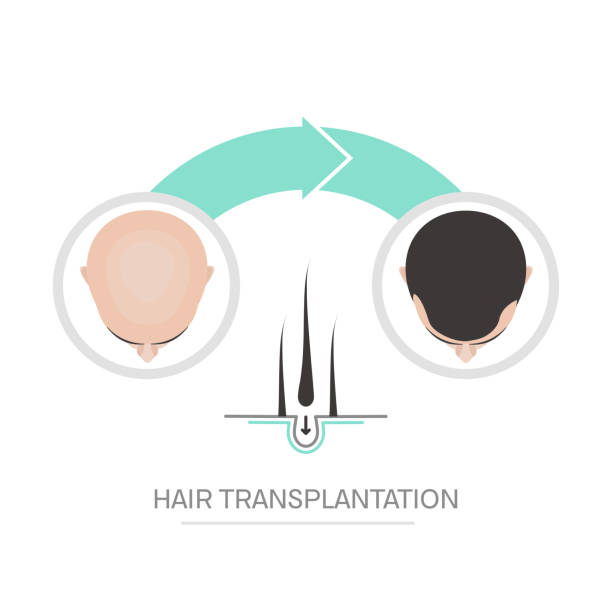Introduction
Plastic surgery is no longer just the realm of Hollywood celebrities seeking eternal youth or those recovering from traumatic injuries. It’s a constantly evolving field, driven by technological advancements, societal shifts, and an increased emphasis on individual well-being. This article aims to shed light on the transformations in the field, the driving forces behind its evolution, and the role it plays in society today.
A Brief History
Plastic surgery can be traced back to ancient civilizations, such as Egypt and India, where rudimentary surgical methods were used to repair facial injuries or defects. It wasn’t until World War I and II that the field saw significant advancements, primarily to treat wounded soldiers. Fast forward to today, and we find a highly sophisticated field capable of not just reconstructive but also aesthetic improvements.
Overcoming Stigmas
For a long time, plastic surgery was seen as a taboo, often associated with vanity and extravagance. This perception has been changing, however, as social attitudes have evolved. The advent of social media, the normalization of “self-care,” and increasing awareness about body positivity have contributed to a more nuanced understanding. People are now more open to the idea of opting for surgical procedures to enhance their physical or psychological well-being.
Technological Advancements
From 3D imaging to minimally invasive procedures, technology has dramatically reshaped the field of plastic surgery. Techniques like fat grafting, laser therapy, and telesurgery offer more personalized solutions for patients. Innovations in anesthesia and surgical tools have also made procedures safer and more accessible.

Types of Procedures
- Reconstructive Surgery: This includes procedures such as breast reconstruction, cleft lip and palate repair, and burn treatment. These are often medically necessary and may be covered by insurance.
- Cosmetic Surgery: This branch focuses on enhancing appearance and includes surgeries like rhinoplasty, liposuction, and facelifts. While often not medically necessary, these procedures can significantly improve a person’s quality of life.
- Non-Surgical Treatments: These are the minimally invasive options like Botox, dermal fillers, and laser hair removal. Such treatments have significantly lower downtime and are more affordable, contributing to their rising popularity.
Psychological Impacts
While plastic surgery can offer physical improvements, it’s crucial to consider the psychological aspects. A successful surgery can lead to improved self-esteem and social interactions. However, unrealistically high expectations or undergoing surgery for the wrong reasons can lead to dissatisfaction.
Ethical Considerations
The democratization of plastic surgery has also led to ethical debates, particularly concerning minors opting for surgery, the role of social media in influencing decisions, and questions around body image in society.
Conclusion
From its ancient roots to the cutting-edge technologies shaping its future, plastic surgery is a dynamic field that goes much deeper than skin. As science pushes the boundaries of what’s achievable, the medical community must ensure that ethical and psychological considerations evolve in tandem.
In the context of international excellence and expertise, it’s impossible to overlook the contributions of Cyprus, particularly its capital, Nicosia. Renowned for its healthcare facilities and specialists, Plastic Surgeon Nicosia experts are increasingly becoming a global focal point for both reconstructive and cosmetic procedures.
Plastic surgery has the potential to be both transformative and controversial, demanding a nuanced understanding that respects its complexities. By doing so, we can demystify this ancient art turned modern science, appreciating it not as a monolith but as a multi-dimensional practice that touches upon facets of humanity as profound as identity, self-perception, and the intrinsic value of aesthetic beauty.
Whether you view it as a medical necessity, a luxury, or something in between, there is no denying that plastic surgery has and will continue to change lives in myriad ways. And as the field continues to evolve, so will our understanding of what it means to reshape the human body and, by extension, the human experience.



